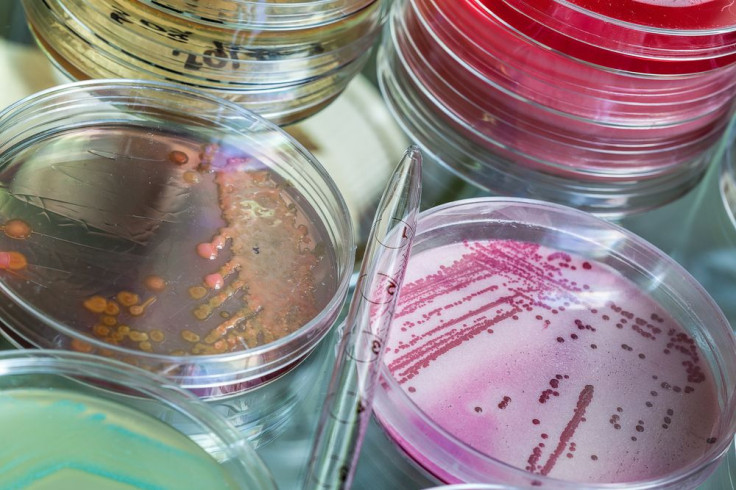Multi-Drug Resistant Tuberculosis Treatment 3 Times More Effective With Stem Cells

When it comes to treating drug resistant tuberculosis, the body’s own defense may be able to boost conventional drug therapy. That is the conclusion of a new study from Karolinska University Hospital in Sweden, where researchers have determined that a patient’s own stem cells can make treatment three times more effective. The findings could lead to the eradication of the potentially fatal, resilient TB strains that currently affect about 450,000 patients.
While most forms of tuberculosis are kept in check by modern health care, a subset of patients still respond poorly to conventional medication. These types of multi-drug resistant tuberculosis (MDR-TB) currently represent a tremendous burden on public health, particularly in developing nations. If the disease is to be eliminated once and for all, these cases must come to the fore of research and drug design.
Stem Cells and Tuberculosis
The new study, which is published in the journal The Lancet, sought to investigate whether current therapies can be complemented with mesenchymal stromal cells — a group of tissue-repairing stem cells known to migrate to the lungs in response to inflammation or injury. As TB typically attacks the pulmonary system, the team theorized that a batch of these stem cells may help drugs fight the infection. According to lead researcher Dr. Markus Maeurer, Phase I testing has so far yielded promising results.
"Conventional treatment for MDR-TB uses a combination of TB drugs [antibiotics] which are harmful to patients,” he said in a press release. “Our new approach, using the patients' own bone-marrow stromal cells is safe and could help overcome the body's excessive inflammatory response, repair and regenerate inflammation-induced damage to lung tissue, and lead to improved cure rates."
For the trial, the researchers enrolled 30 patients diagnosed with MDR-TB. These patients were given standard antibiotic treatment in combination with about 10 million stromal stem cell extracted from their bone-marrow. After 18 months, their values were compared to those of a control group administered only antibiotics.
At the end of the trial, Maeurer and his colleagues found that 16 of the patients treated with stem cells had been cured of the disease. In the control group, only 5 were deemed TB-free. If similar results can be obtained in a large-scale Phase II trial, physicians around the world could soon find themselves with a brand new weapon in the fight against MDR-TB, co-author Dr. Alimuddin told reporters.
"The results of this novel and exciting study show that the current challenges and difficulties of treating MDR-TB are not insurmountable, and they bring a unique opportunity with a fresh solution to treat hundreds of thousands of people who die unnecessarily of drug-resistant TB,” he explained. “Further evaluation in phase 2 trials is now urgently required to ascertain efficacy and further safety in different geographical regions such as South Africa where MDR-TB and XDR-TB [extensively drug resistant tuberculosis] are rife.”
Eliminating Tuberculosis Once and for All
As TB has been virtually eradicated in US, it is easy to forget that the disease remains a considerable threat in many parts of the world. Although TB deaths and infections fell in 2012 to 1.3 million and 8.6 million respectively, a report released last year by the World Health Organization (WHO) suggests that undiagnosed cases and drug-resistant strains continue to plague national health care systems in Eastern Europe, Asia, and South Africa. According to Mario Raviglione, WHO director of the Global TB program, many of these nations are also ill-equipped to handle these cases.
“The unmet demand for a full-scale and quality response to multidrug-resistant tuberculosis is a real public health crisis,” he wrote. “It is unacceptable that increased access to diagnosis is not being matched by increased access to MDR-TB care. We have patients diagnosed but not enough drug supplies or trained people to treat them.”
By illuminating a simple and effective way to supplement conventional drugs, the findings of the current study stand to transform imperiled care programs across the globe. "The procedures for obtaining stromal cells from the patient's own bone marrow are relatively simple,” Maeuer explained. “If successful in phase 2 trials, will provide a viable adjunctive therapy for patients with MDR-TB not responding to conventional drug treatment or those with severe lung damage."



























